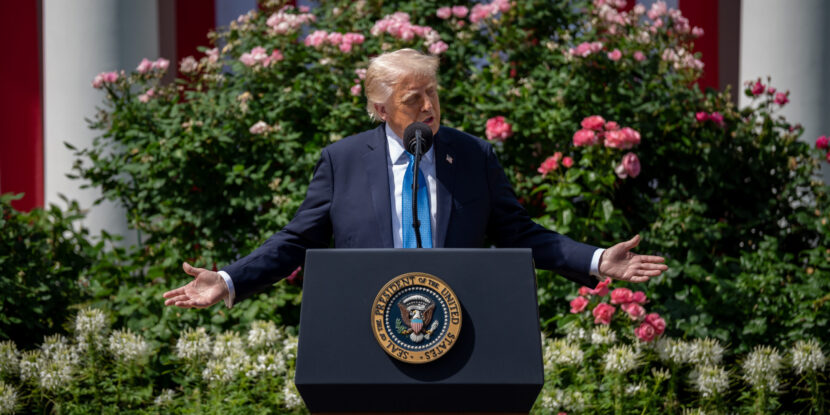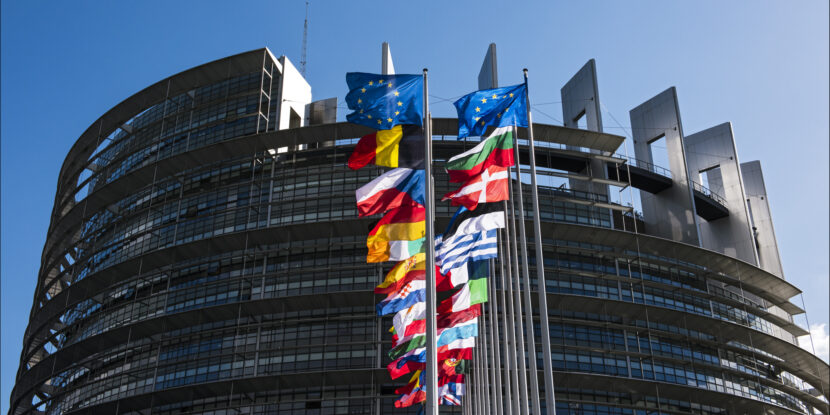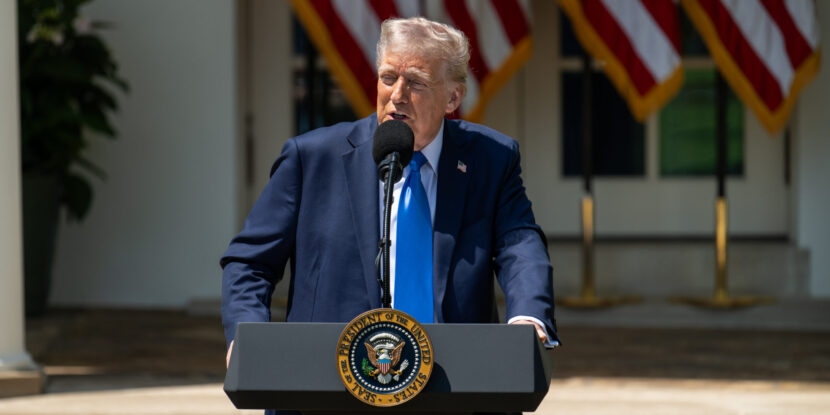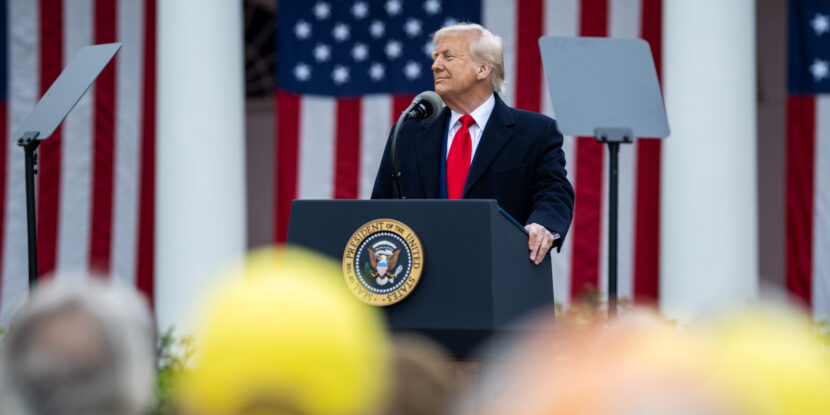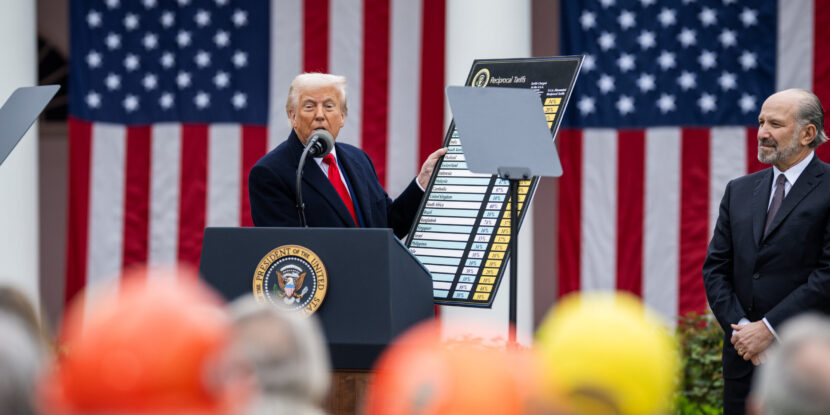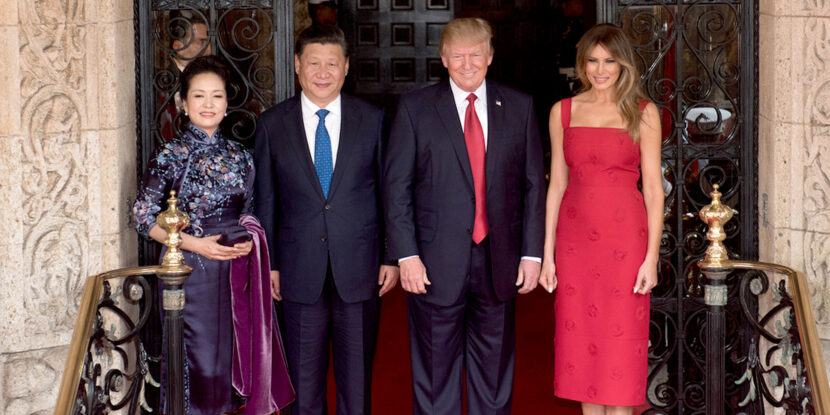PULSE POINTS:
❓What Happened: President Donald J. Trump announced a delay in implementing a 50 percent tariff on European Union (EU) goods from June 1 to July 9 to allow time for trade negotiations.
👥 Who’s Involved: President Trump, European Commission President Ursula von der Leyen, and market analysts.
📍 Where & When: The announcement followed a Sunday phone call between Trump and von der Leyen, with Trump speaking to reporters in Morristown, New Jersey.
💬 Key Quote: “I agreed to the extension—July 9, 2025—It was my privilege to do so,” President Trump stated on Truth Social.
⚠️ Impact: The tariff threats caused market instability, with analysts warning of potential harm to global economic growth and market confidence.
IN FULL:
President Donald J. Trump announced on Sunday that the United States will postpone imposing a 50 percent tariff on goods from the European Union (EU), originally set to take effect on June 1, until July 9. Trump told reporters in Morristown, New Jersey, that the decision was made after a phone call with European Commission President Ursula von der Leyen, during which she expressed a desire to engage in “serious negotiations. ”
“I told anybody that, they have to do that,” Trump said, referring to the need for negotiations. He added that von der Leyen committed to “rapidly get together and see if we can work something out.” The America First leader later took to Truth Social, stating, “I agreed to the extension—July 9, 2025—It was my privilege to do so.”
The delay follows a social media post by Trump on Friday in which he criticized the EU for being “very difficult to deal with” on trade and claimed negotiations were “going nowhere.” The announcement of the EU tariffs came alongside a potential 25 percent tariff on iPhones produced abroad.
Von der Leyen, for her part, emphasized the importance of the U.S.-EU trade relationship, calling it “the world’s most consequential and close.” She stated that Europe is “ready to advance talks swiftly and decisively” and highlighted the necessity of using the time until July 9 to reach a beneficial agreement.
Britain, which unlike EU member states manages its own trade policy, thanks to Brexit, has already secured a trade deal with the U.S.
show less